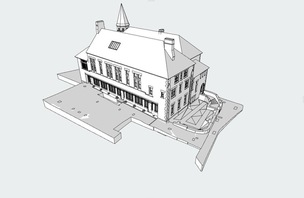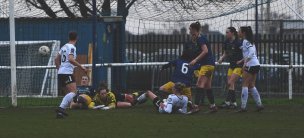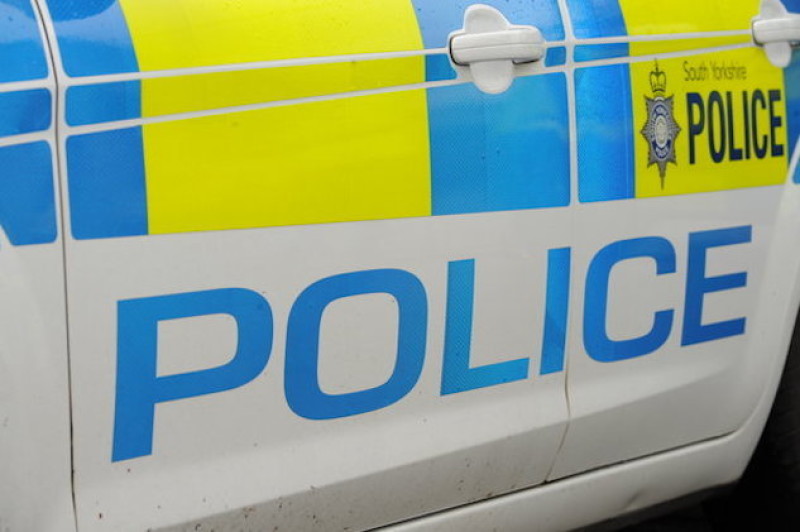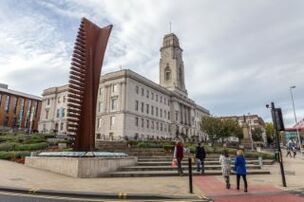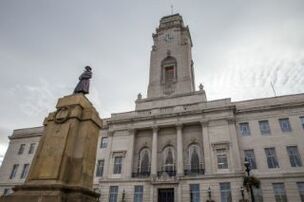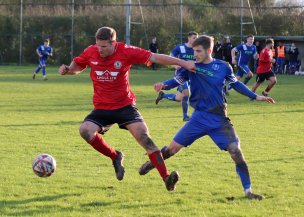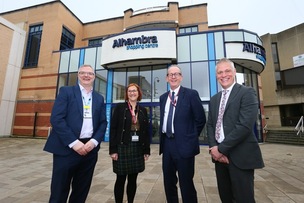LOCAL police contact numbers are to be resurrected to reduce the volume of calls being made to the 101 non-emergency line.
The move was revealed by Chief Constable Stephen Watson at a meeting of the full council at Barnsley Town Hall.
He was there to give an update on policing in Barnsley and discuss the reintroduction of neighbourhood policing to communities.
Coun Charlie Wraith told CC Watson that one of the questions councillors are asked about the most is 101 and what is being done to improve the service following complaints about long waits.
The chief constable said going forward people will be able to contact their own neighbourhood teams ‘rather than hanging on for 101’ which latest figures show has a 10.8 per cent abandonment rate.
He explained that demand on 101 had gone up four fold since 2010 during which time the force had seen a 36 per cent cut in resources and had to make savings of £73m, meaning there is not a lot of money knocking about to boost staffing in Atlas Court, where the 101 calls are handled.
But CC Watson said improvements are now being made to the service, which costs £17m a year to run and has 554 staff. This includes bringing back local police contact numbers in Barnsley so people can speak directly to neighbourhood teams.
He said: “One of the design features we are moving away from is to funnel all connections into Atlas Court.
“We channelled all that information to Atlas Court and it couldn’t cope and was almost destined to annoy people and we need to reverse engineer that and have access to the officers dealing with you.
“A lot of 101 (calls) might be a particular problem with antisocial behaviour and it’s not an emergency but it’s annoying and we do need to know about that, and going forward, you will be able to access your own neighbourhood team and tell them about it rather than hanging on the line for 101.”
Other measures to improve the service include ending a contract to deal with Sheffield City Council’s out of hours calls to be dealt with at Atlas Court and investing £16m to overhaul the IT infrastructure.
CC Watson explained that Atlas Court, which deals with all 999 and non-emergency calls, was set up in 2010, when it received 287,000 calls.
“Since 2010, it receives 852,000 calls a year,” he said. “That is enormous growth in demand on a model staffed for something about a quarter of the size, and technology that could cope then can’t cope now.
“Because of that massive increase in demand it has meant our people have to work to prioritise the 999 service.
“101 is not for something in action. People who are suffering or in fear or had an accident at the side of motorway is not what the 101 service is for and why 999 takes priority, and despite these pressures, 999 has been protected and preserved and the average time to deal with a 999 call is 13 seconds.”

